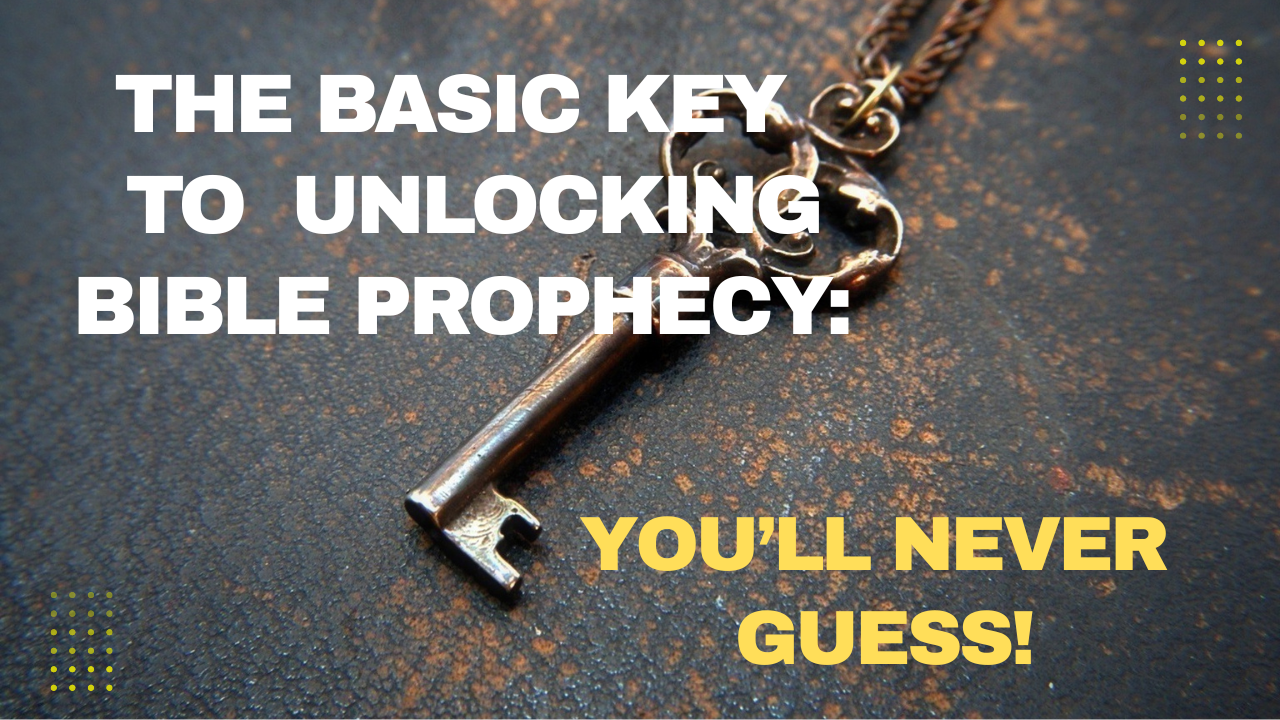God’s Mission, My Mission (Lesson 12) Esther and Mordecai Part 1-3
WHEN CALLED FOR A SPECIAL PURPOSE
You may feel a strong inner conviction.
Or you may have passion for a particular cause.
Perhaps a series of meaningful events have occurred in your life.
Or maybe you may feel a deep sense of fulfillment in pursuing a specific path.
How do you know when God has called you for a special purpose? (Split)
We are continuing our look at God’s love for us and his plan (his mission) to bridge the gap between us and him.
His mission is to bring us back into a loving relationship with him. He wants us to become His disciples and members of his family.
Thus, He calls for us to respond to His love.
But our relationship with Him does not end with His call, for a call without action from the one being called has no value.
He calls for us today to be light in the darkness.
How can we let our light shine when in a culture deep in darkness and evil?
Review our past and present videos at SabbathSchoolDaily.com or visit my YouTube Channel,
Sabbath School Daily by Dr. Brenda Ware Davis
Let Us Inviting God’s Presence:
Father, in a culture or environment totally immersed in darkness and sin, help us not compromise; instead, give us the will to be that light that shines in the darkness. In Jesus’ Name, Amen.
God’s Mission, My Mission
(Lesson 12)
Part 1: Esther and Mordecai
God’s plan for humanity existed before the world was created.
Jesus, our creator, lovingly volunteered to be a critical part of this plan.
He laid down his life to save us!
Isaiah 48:6 reveals that God’s plan is not limited to a small group of people.
God’s mission, through his son Jesus, is a mission to all humanity.
6 Indeed He says, ‘It is too small a thing that You should be My Servant To raise up the tribes of Jacob, And to restore the preserved ones of Israel; I will also give You as a light to the Gentiles, That You should be My salvation to the ends of the earth.’” (Isaiah 49:6, NKJV).
Through Esther and her cousin Mordecai, we see how God has called individuals to fulfill his purpose and plan.
The Book of Esther is an inspiring account of how God calls us to fulfill a special purpose.
A great deal has been written about the Book of Esther.
Even today, based on Esther 9:26–31, many Jews celebrate the feast of Purim.
Esther and her cousin Mordecai were Jews who lived in Susa.
They were in a land far different from their culture; thus, they were called to do cross-culture work for God in the land of Susa.
Susa was the capital city of the Kingdom of Persia.
Many Jews had gone back to live in the land of Judah.
But Esther and her cousin for some reason, along with other Jews, remained in Persia.
Then, through a series of providential events, we find in Esther 2:17 that Esther became queen of all Persia.
“The king loved Esther more than all the other women, and she obtained grace and favor in his sight more than all the virgins; so he set the royal crown upon her head and made her queen instead of Vashti” (Esther 2:17).
Though reluctant to answer the call, As Queen of Persia, Esther plays an important role in Bible history.
Her story shows how God’s light can shine out of darkness.
We can share the love of God even when living in a foreign land.
It shows how, regardless of our condition, even though we may be in an environment filled with people very different from us, we can accomplish the work God has called us to do.
Take some time to read the book of Esther.
Observe how she handled adversity and fulfilled her calling.
Now, continue to the next segment of this video.
Part 2: Captives in a Foreign Culture
God’s Mission, My Mission
(Lesson 12)
Esther and Mordecai
Part 2: Captives in a Foreign Culture
Esther was a prisoner of war. She was taken from her own country to live in a land surrounded by people of different cultures and beliefs.
Esther and other Jews were forced to live in foreign lands.
The Jews were first forced to live under the Babylonians and then under the Persians.
A unique thing about the Jewish people was their ability to live in their own country, where their religious beliefs align with the laws of their land.
In other words, before the Jewish people were taken to Babylon, they lived in their own country under the laws of the land that agreed with their principles of faith.
For instance, Sabbath keeping, a part of their faith and, to some degree, part of the laws of their land, was not a problem.
So, you would think that living in Israel would have made it easy for Jews to honor God, obey God, and live in harmony with his calling. Right?
On the contrary, Bible history shows us that the laws of the land are not enough to make people remain faithful to God.
Faith and loyalty to God must come from the heart.
Our faithfulness to God must come from within.
When laws are put in place to force consciousness and belief, it only leads to denouncing the worship of God, thereby leading to ruin and destruction.
Isaiah 29:13 lets us know that this is not the type of obedience God wants.
“ ‘Therefore the Lord said: ‘Inasmuch as these people draw near with their mouths and honor Me with their lips, but have removed their hearts far from Me, and their fear toward Me is taught by the commandment of men’ ” (Isaiah 29:13).
Isaiah 29:13 is a picture of false worship.
Thus, our obedience to God must not come by force but by love, our love for God.
When this picture is compared with the Bible stories of people who obeyed God with their whole hearts, we find that these men and women maintained their faith in God even under the most difficult and trying circumstances.
These stories show us that God’s loyal followers will obey Him in the best of times and in the worst of times.
No matter who we are or where we live, to some degree, we are deeply steeped in environments that, either by laws themselves or by the culture, or both, can be greatly challenging to our faith, beliefs, and our calling.
Nevertheless, regardless of our situation or circumstance, we, through the power of the Holy Spirit, can stay true to God and to our calling. (Split)
When you get a chance, read the stories in Daniel 1:1–12; Daniel 3:1–12; and Daniel 6:1–9. They are evidence that even under trying circumstances, we can stay faithful to God.
Though in these accounts, things turn out right for Daniel and his friends, there are times that things will not turn out as we would like them to turn out, but we must remain faithful to God and to our calling, believing that though it may not turn out as we may desire, it turns out for our good.
How does the story of Esther and her cousin Mordecai turn out?
Does she remain faithful?
How does she answer God’s call? Read Esther 1 and Esther 2. And Continue to the next segment of this video, Part 3: In a Foreign Court
God’s Mission, My Mission
(Lesson 12)
Esther and Mordecai
Part 3: In a Foreign Court
After the fall of the Kingdom of Babylon and the rise of the Kingdom of Media-Persia, many Jews went back to their homeland.
But not everyone. Some chose to stay in Persia.
Knowing this provides the backdrop for the story of Esther.
Additionally, Esther 1:2 gives us insight into the unfolding of this biblical narrative.
“In those days when King Ahasuerus sat on the throne of his kingdom, which was in Shushan the citadel” (Esther 1:2).
So, we see from this verse that the Story of Esther happened during the Persian Empire under the leadership of King Ahasuerus.
(Another name for Ahasuerus is Xerxes.)
We find in Chapter 1 of Esther that Queen Vashti loses the king’s favor.
So, the king removes Vashti from being queen.
Then he goes looking for another queen to replace her.
Here is where Esther and her cousin, Mordecai, come on the scene.
To learn more about Esther and her cousin Mordecai, read Esther 2:1–9.
As far as we can tell, Mordecai was a royal officer. It appears that a part of his job was to sit at the gate of the king’s palace.
He lived in the city of Shushan (also named Susa) with his adopted daughter, Esther, who is also Mordecai’s cousin.
So, because of where they lived, although of the Jewish culture, Mordecai and Esther were immersed in the ways and life around them.
They were immersed in the Persian culture.
In the meantime, in Esther 2:2–4, we find that, desiring to replace Queen Vashti, the King commanded his leaders to send for the most beautiful young women in Persia to Shushan so that one of them could become his new queen.
2 Then the king’s servants who attended him said: “Let beautiful young virgins be sought for the king;
3 and let the king appoint officers in all the provinces of his kingdom, that they may gather all the beautiful young virgins to Shushan the citadel, into the women’s quarters, under the custody of Hegai the king’s eunuch, custodian of the women. And let beauty preparations be given them.
4 Then let the young woman who pleases the king be queen instead of Vashti.” This thing pleased the king, and he did so. (Esther 2:2–4)
Then the Bible tells us that
8 So it was, when the king’s command and decree were heard, and when many young women were gathered at Shushan the citadel, under the custody of Hegai, that Esther also was taken to the king’s palace, into the care of Hegai the custodian of the women. (Esther 2:8).
But notice that in Esther 2:10, Mordecai had given Esther a special command.
10 Esther had not revealed her people or family, for Mordecai had charged her not to reveal it. (Esther 2:10)
In Esther 2:20, we discover that Esther obeyed Mordecai’s command.
20 Now Esther had not revealed her family and her people, just as Mordecai had charged her, for Esther obeyed the command of Mordecai as when she was brought up by him. (Esther 2:20)
These verses do not give us a reason why Mordecai gave Esther this command, but it is evident that Esther and Mordecai were foreigners in a land, living in a potentially hostile culture
Later, we will see that Esther and Mordecai’s choice to keep silent about their family heritage was wise.
Why might this be so?
Read the book of Esther, see if you can determine why Mordecai and Esther kept Silent about their heritage, and watch my upcoming video, Part 4: Mordecai’s Faithful Witness.
————————————————
Share your results in the comment section below.
Thank you for watching this video. To be notified when my next video comes out, Subscribe to my YouTube Channel, Sabbath School Daily, by Dr. Brenda Ware Davis.
You also may obtain the study guide for this series at Sabbath.School or ssnet.org
If you enjoyed this video and want to use it to help fulfill God’s mission, click Like…..then…..Share.
Thank you for Liking, Sharing, and Subscribing.
Hebron Seventh-day Adventist Church
7902 Wheatly Street
Houston, TX 77088
Watch Past and Present Lessons at SabbathSchoolDaily.com














Post Comment